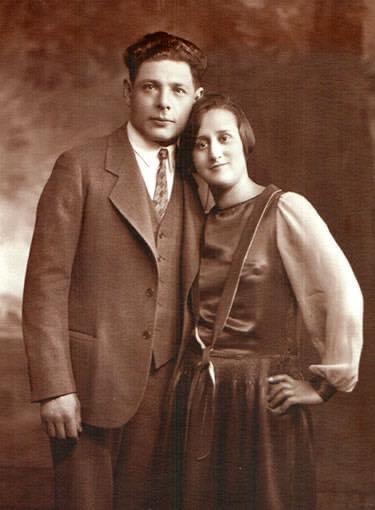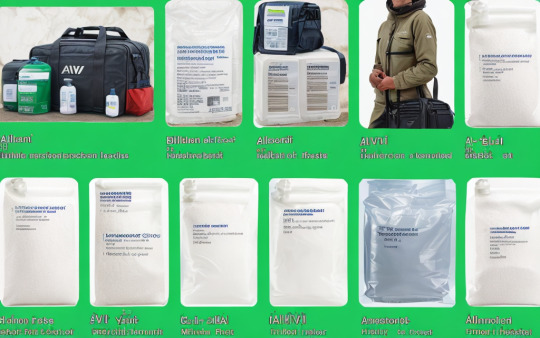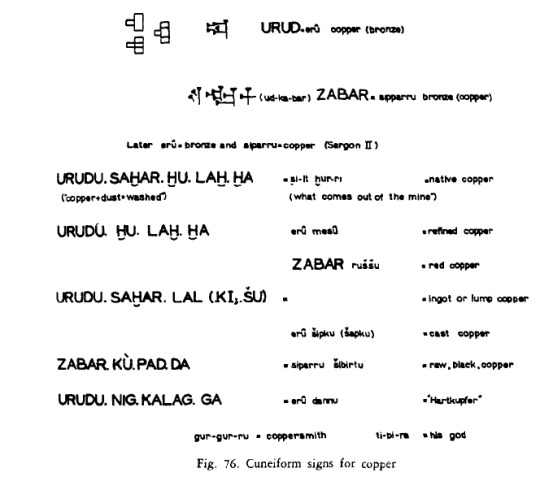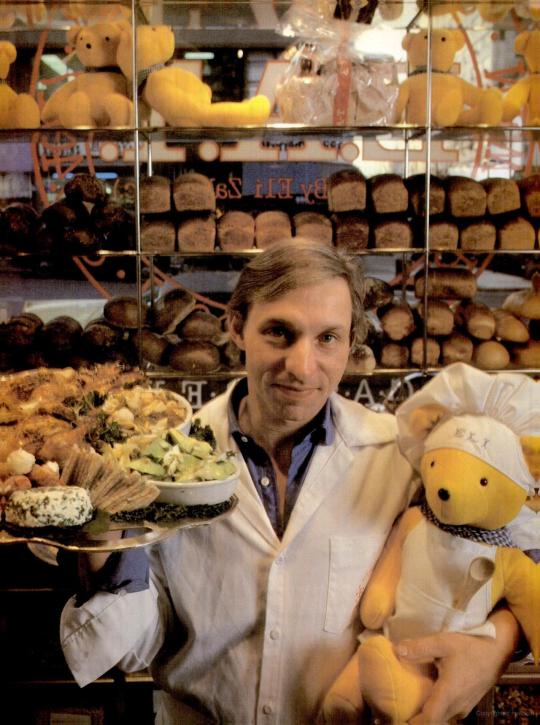#zabars
Explore tagged Tumblr posts
Text
Zabar's is an iconic market on New York City, best known for its selection of appetizers, bagels, and smoked salmon, and not surprisingly, it has a rich Jewish history. Founded by Ukrainian Jewish immigrants Louis and Lillian Zabar, the almost 90-year-old store bears both the family name and remains family-owned to this day.
Louis Zabar was born in Ukraine in 1901. He fled the pogroms, where his father had been murdered, and arrived in the U.S. in the early 1920s. Lillian Teitlebaum escaped Ukraine and moved in with relatives in Philadelphia. She later relocated to New York City and ran into Louis Zabar, whom she had known from their village in Ukraine. The two married in 1927 and had three children: Saul, Stanley, and Eli.
In 1934, Zabar’s opened its first store on 80th and Broadway. By 1950, Louis was the owner of 10 markets when he passed away. From 1960 to 1994, Louis’s sons, Stanley and Saul, partnered and co-owned Zabar's with Murray Klein, who joined the store in 1953.
Today, Saul and Stanley remain involved in the store’s day-to-day business. Many of Louis and Lillian’s grandchildren and great-grandchildren are involved in different capacities. “Zabar’s was the place to come and see your mother and father, your grandparents, your cousins... the Zabar’s store is the center of the Zabar family,” Stanley said.

#secular-jew#israel#jewish#judaism#israeli#jerusalem#diaspora#secular jew#secularjew#islam#zabars#nyc#manhattan#new york city#deli#Jewish deli#Jewish food#bagels#lox#nova#sable#smoked fish#caviar#gourmet deli#gourmet food#pastrami#matzo ball soup
30 notes
·
View notes
Note
🌺 send this to ten muns you think are wonderful 🌺
[sneak slip flowers onto you] 💞

[ COOCH ROOCH. *chases with a broom around the apartment!* YOU STOP GIVING ME BESTIE FEELS RN. also, pls run to zabars and get me some mini macarons. 🥺 ]

#[ ooc. ]#;; answered#kurjaks#[ kellz and i did a bus trip to ny once & they made a stop at zabars. they had them at the back where the deli is. :3 ]#[ idk if they still do though. ]
2 notes
·
View notes
Text
unfortunately i am covetously watching the eater video that's just a tour of zabars
#is zabar's overrated or good? ny mutuals write in i need to know#while i have recently talked some shit re: nyc i will readily say that the fact that i have effectively no plans to ever spend extensive#time experiencing nyc food is in fact vexing and sad to me#food#box opener#jewish delis here aint shit. as they say.#chicago did have some good options which is how i know everything sucks now#our favorite north side bagel place just stopped being 24hour and it's ruining my brothers whole life#sometimes he needs a half dozen egg bagels and a quarter pound of smoked whitefish at 3am#i do too but i knew what i was getting into when i decided to go to grad school like some kind of idiot
9 notes
·
View notes
Text

Anthony Fineran, Union Zabar Manu, 2024
1 note
·
View note
Text
shanah tova 🍯🍎
#OOC.#i hope bucky stopped at zabar’s today and talked to the old jews who are always there#eat something sweet buck buck and skip services like a real mensch
1 note
·
View note
Note
Jewish culture is loving Zabar's black and white cookies (or blue and white, for Hanukkah)
.
26 notes
·
View notes
Text
I like to think of myself as Aziraphale, but a friend once got me to walk 10 extra blocks in a blizzard to get her the “best” rotisserie chicken. The merely “very good” rotisserie chicken (Zabar’s’ ffs) would have been on my way.
10 inches of snow on the ground, still snowing heavily, streets unplowed, most sidewalks not yet shoveled. She persuaded me via text.
Yeah, I’m Crowley.
#good omens#ineffable husbands#good omens 2#good omens spoilers#crowly x aziraphale#aziraphale#crowley
130 notes
·
View notes
Text
Mandel bread, also called mandelbrot, is a type of cookie similar to the Italian biscotti and popular in Ashkenazi Jewish cuisine. The cookies were popular throughout the 19th century among Eastern European Jews, often consumed by rabbis, merchants and other Jewish community members. They grew in popularity, known to be a dessert that kept well and traveled easily. But what is the backstory of this Jewish baked good?
According to Gil Marks, author of the “Encyclopedia of Jewish Food,” mandel bread is thought to have originated in Germany and traveled Eastward, like many other Jewish baked goods. In the early Middle Ages, Italians created the original biscotti by partially baking the dough, cutting it into slices and then returning the pieces to a cooler oven to crisp. The second time in the oven extracts the moisture and lengthens the shelf life of the cookie. The exact year these cookies were adopted by Ashkenzai Jews is unknown, though mandel bread’s easy preparation made it ideal for the Sabbath. Once baking powder was added, mandel bread became lighter and fluffier than biscotti. Over time, Jewish cooks began to add dried fruit, nuts and chocolate chips. During Passover, it was common to make mandel bread with matzah meal instead of flour. The Yiddish word “mandlbroyt” translates to “almond bread,” as the baked good often included almonds. Among the Ukrainian Jewish community, mandelbrot is known as kamishbrot. By the 1940s mandel bread had made its mark in plenty of Jewish cookbooks.
While traditional mandel bread is harder to find nowadays, there are still plenty of Jewish delis and companies honoring the classic dessert, such as Zabar’s, Michael’s Mandel Bread and C. Kreugers. There’s even a number of new Jewish baking companies who are adding playful, modern takes on the classic cookie. Whether you enjoy it on its own, with a cup of coffee or haven’t yet tried them, now you’ll know little more about the Jewish lineage of this beloved dessert.
Ready to make some mandel bread at home? Here’s three recipes to try:
Adeena Sussman’s classic almond mandel bread
Chocolate chip mandel bread
Olive oil, almond and candied ginger mandel bread
11 notes
·
View notes
Text

godslovenyc: Thank you to our dedicated volunteers who made this thanksgiving possible! 👏 We were grateful to be joined by @darrencriss, @desilydic, @cjack930, @ivygetty, carlinalrivera, @mercyjames__, @dimitrimoiseofficial, @natashapickowicz, @lombardos_lancaster, @chefamandaf, @rogerclark41, and many more as we prepared 15,000 meals for our clients and their Thanksgiving guests 🍗 Our 2024 Thanksgiving celebration was made possible by: Bruce Halpryn & Chas Riebe; Kristel & Rob Lazarus; Price Jepsen & Dean Lewallen; Cris & Bruce Jaffe; Brian Hotaling; Annie Chan in loving memory of Ying Chan; Joanne & David Rodgers; Steven & Alexandra Cohen Foundation; The Krumholz Foundation; Binn Family Foundation In loving memory of Penny Binn Binstock; @lorealgroupe; @fekkai; Stewart Lantner, DDS & Joseph Goldberg, DDS; @bloomberg; @bombas; @heermancefarm; @zabars #Thanksgiving #Volunteer
9 notes
·
View notes
Text
where they’re banned
kyle: staples, this mom and pop pho place a few blocks away from his dorm junior year of college due to an incident that he absolutely refuses to discuss, his mom’s knitting class, 3 different whole foods, a souvenir shop in montauk, zabar’s (but only the restaurant part, in the grocery part he’s fine)
kenny: uboulder, the hooters in colorado springs, the gastroenterologist’s office, the entire city of des moines, the new york new york casino, urth caffe, the bar right above kenny’s basement apartment that he had the year after he graduated
stan: tweek bros, skeeter’s, the church that held his (former) aa meetings, red rock stadium, atlantic city, knotts berry farm, the bar right above kenny’s basement apartment that he had the year after he graduated
cartman: 2 waffle houses, any kroger-owned grocery store, anywhere within 200 feet of his (former) therapist, germany, belgium, LACMA, utah, kyle’s mom’s knitting classes
59 notes
·
View notes
Note
Hello! I'm looking at Mesopotamian metallurgy, and I'm trying to find some reliable sources discussing the terminology given copper vs ore, vs bronze, but I don't know where to start. One of the best diagrams I've found so far is below, from Metallurgy in Antiquity, Forbes 1950 (pg 356 Internet Archive). Although he questions a few of the terms and as a geologist/metallurgist "ore" seems like a much better translation than "native copper" for URUDU.SAHAR.HU.LAH.HA.

Do you have any advice, sources, or terminology? (Many thanks! And I really love your blog!)
Hi, and thanks for the kind words! I did some searching and can't find any other more specific sources other than the dictionaries I usually use (Halloran and the ePSD).
Uruda or urud 𒍏 is the basic word for copper. Halloran has correspondences to some of the above: uruda(hu)luhha (not -lahha) as "refined, pure copper", and urudaningkalagga as "strong copper", plus urudaningsaharra as "copper pellets".
Sahar means "dirt, sand, dust". The difference between -luhha and -lahha is important, since the former means "clean(ed)" while the latter is "dry, dried", and the cuneiform signs look very different (luh 𒈛 v lah 𒌓), but Forbes seems to be conflating them (using -lahha but saying it means "washed"). If it is -luhha then I'd say it means "copper cleansed of dirt", i.e. not in the state it comes out of the ground.
Halloran has no listing for "ore" of any variety. The ePSD lists hashum as possibly meaning "ore", and gidirig as "lump of ore" (links to entries), so if I were trying to translate "copper ore" I'd probably say gidiriguruda "lump of ore (made) of copper" though I don't have a source for this in use.
Both Halloran and the ePSD use zabar 𒌓𒅗𒁇 as the basic word for "bronze", borrowed into Akkadian as siparrum. Kupadra (close to the listing above) means "lump(s) of silver", from ku3 "silver, silvery metal", so I'd interpret zabarkupadda as "bronze with bits of silver/other metal in it".
One last phrase that may be useful is urud X la zabar "bronze with 1/Xth tin in it" (ePSD citation). "Tin" (anna or angna) isn't mentioned, so the phrasing is more like "copper of X quality [where X = tin fraction]-containing bronze".
I hope those are helpful! If anybody out there knows more about Sumerian mining and ore terminology please reblog with any other info you may have.
46 notes
·
View notes
Text

Anthony Fineran, Union Zabar Malt, 2024
1 note
·
View note
Text

Split pea soup frozen in new souper cubes
Manischewitz matzah from making matzah brei this morning
Little bit of Zabar's coffee left
#jumblr#he loves his soupee cubes#he demolded them#and immediately remarked its a photo fit for facebook#looked up what culture does split pea soup#“many cultures” made me suspect jewish connection#and indeed (supposedly)#unintentional jewish photo
3 notes
·
View notes
Note
i live in nyc i will put on my robe and slippers and wander about the 12 degree windchill to find it do you think i'm fucking joking
somehow the fic is also guarded with bulletproof plexiglass by zabar's
4 notes
·
View notes

